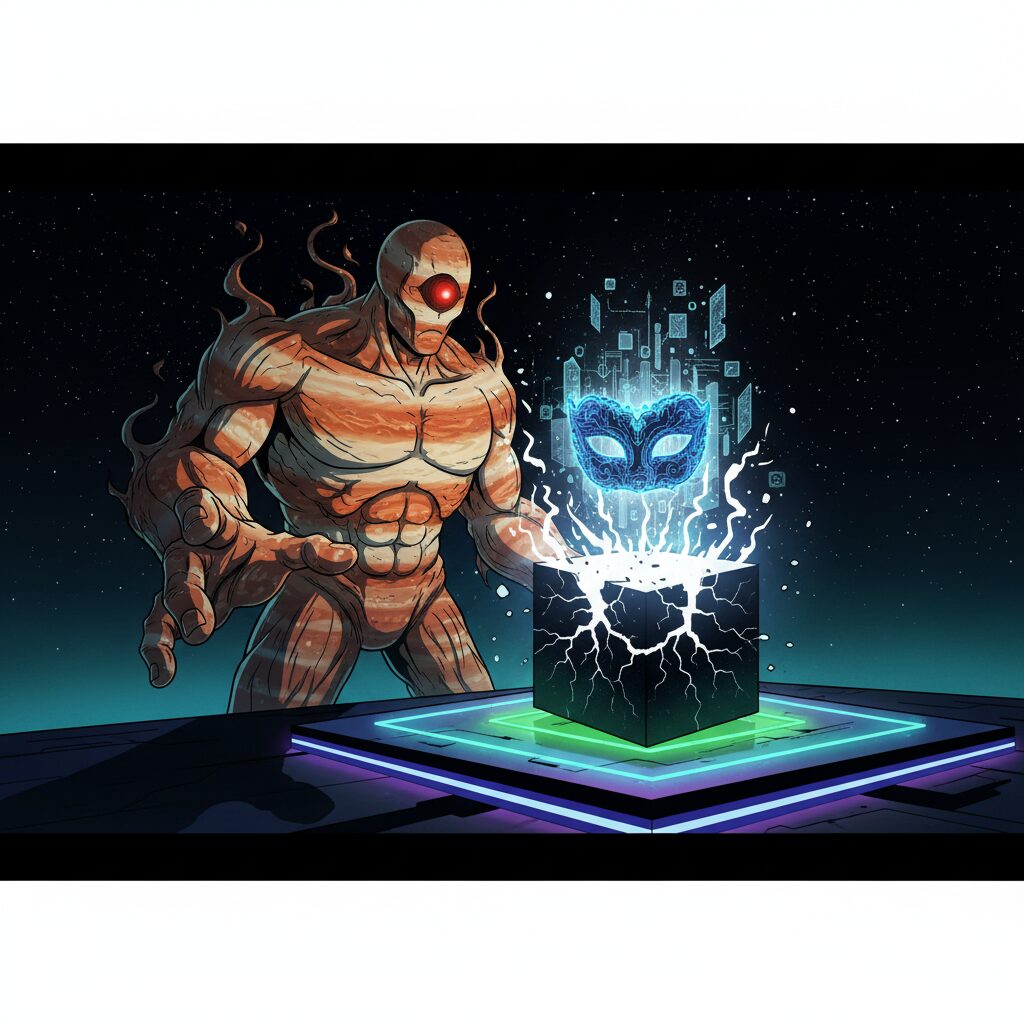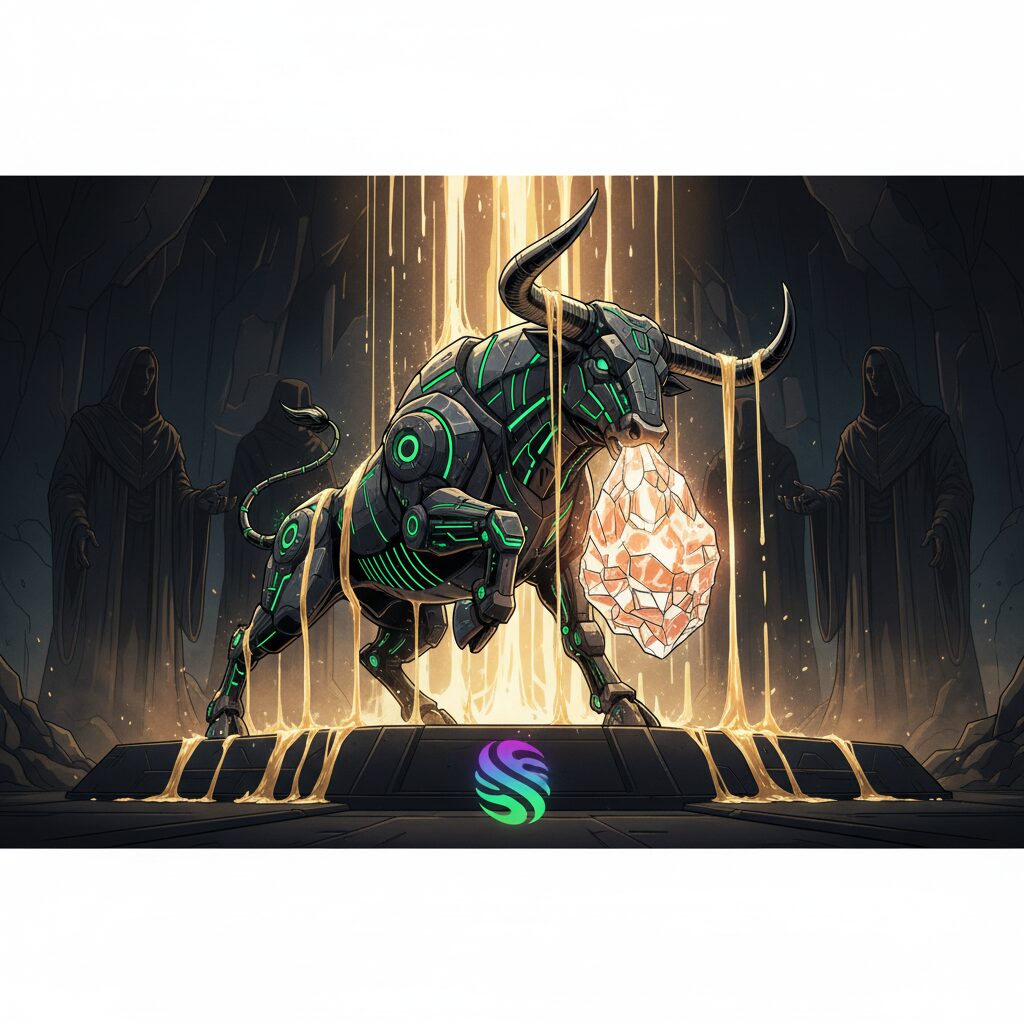Jupiter Enhances Solana Trading with Privacy-Focused Limit Order V2

Jupiter, a leading decentralized exchange on the Solana blockchain, has launched its Limit Order V2 system, introducing significant upgrades aimed at improving transaction privacy and giving traders more sophisticated control over their orders.
Enhanced Privacy Against Front-Running
A core feature of the V2 update is its mechanism to protect traders from front-running. The new system conceals order details until the moment of execution, preventing bots from detecting pending transactions and exploiting them. Front-running occurs when a third party sees a large order on the network and places their own trade first, often paying a higher fee to profit from the anticipated price movement.
While Jupiter notes that this doesn’t eliminate the broader issue of Maximal Extractable Value (MEV) entirely, it provides a much stronger defense for users and helps safeguard their trading strategies from being exploited on-chain.
New Tools and Greater Flexibility for Traders
The update brings several new features designed for convenience and precision. Traders can now set their limit orders based on a token’s value in USD or by its market capitalization, which removes the need for manual conversions and complex calculations. The system also allows active orders to be edited directly without having to cancel and recreate them, enabling faster reactions to market changes.
Additionally, Limit Order V2 fixes a key behavior from the previous version. Buy orders set above the market price or sell orders below it no longer execute instantly as market orders. Instead, they will only trigger when the market reaches the specified price. For more advanced risk management, the platform now includes a One-Cancels-Other (OCO) mode, which allows a trader to place both a take-profit and a stop-loss order on the same position. When one of these orders is filled, the other is automatically canceled.
Looking ahead, Jupiter continues to expand its ecosystem. The project is collaborating with Ethena Labs to develop its native stablecoin, JupUSD, which is scheduled for release in late 2025.








